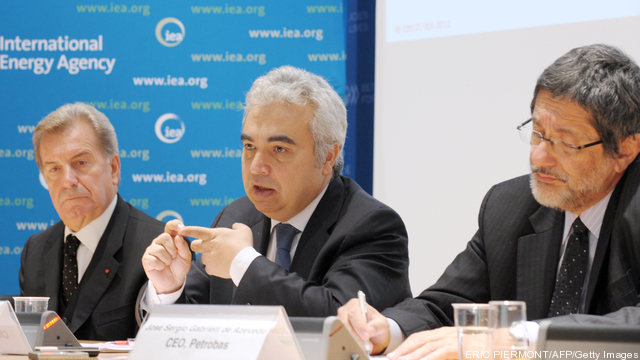
The Arab Awakening and Iran’s continued pursuit of a nuclear program dominated the conversation in the Middle East in 2011. But a longer view calls for greater attention to a seemingly obscure but potentially pivotal issue: the discovery of large natural gas deposits in the Eastern Mediterranean, known as the Leviathan Basin. Shared economic interests should compel the nations of the Middle East and Europe to set aside their differences and quickly exploit Leviathan. But as tensions among the United States, Israel, and Iran increase and unrest in the region persists, this valuable resource could become a casualty – or even driver – of an international row, scuttling a key opportunity for European and global energy consumers.
When a US energy company discovered new areas of the Leviathan basin between Israel and Cyprus in mid-2011, regional players weighed in decisively. Turkey deployed a naval mission to explore deposits in the waters off Turkish Cyprus. A demonstration of Turkey’s discomfort with a closer relationship between Israel and Cyprus, this alone nearly sparked a conflict between Israel and Turkey. Iran also weighed in, offering to help Lebanon explore its own waters and supporting Lebanon’s claim that parts of the basin lay within its territory. The US quickly sided with Israel and Cyprus, creating the appearance of further Turkish alignment with Iran and a division between two diametrically opposed camps. Keep reading →









